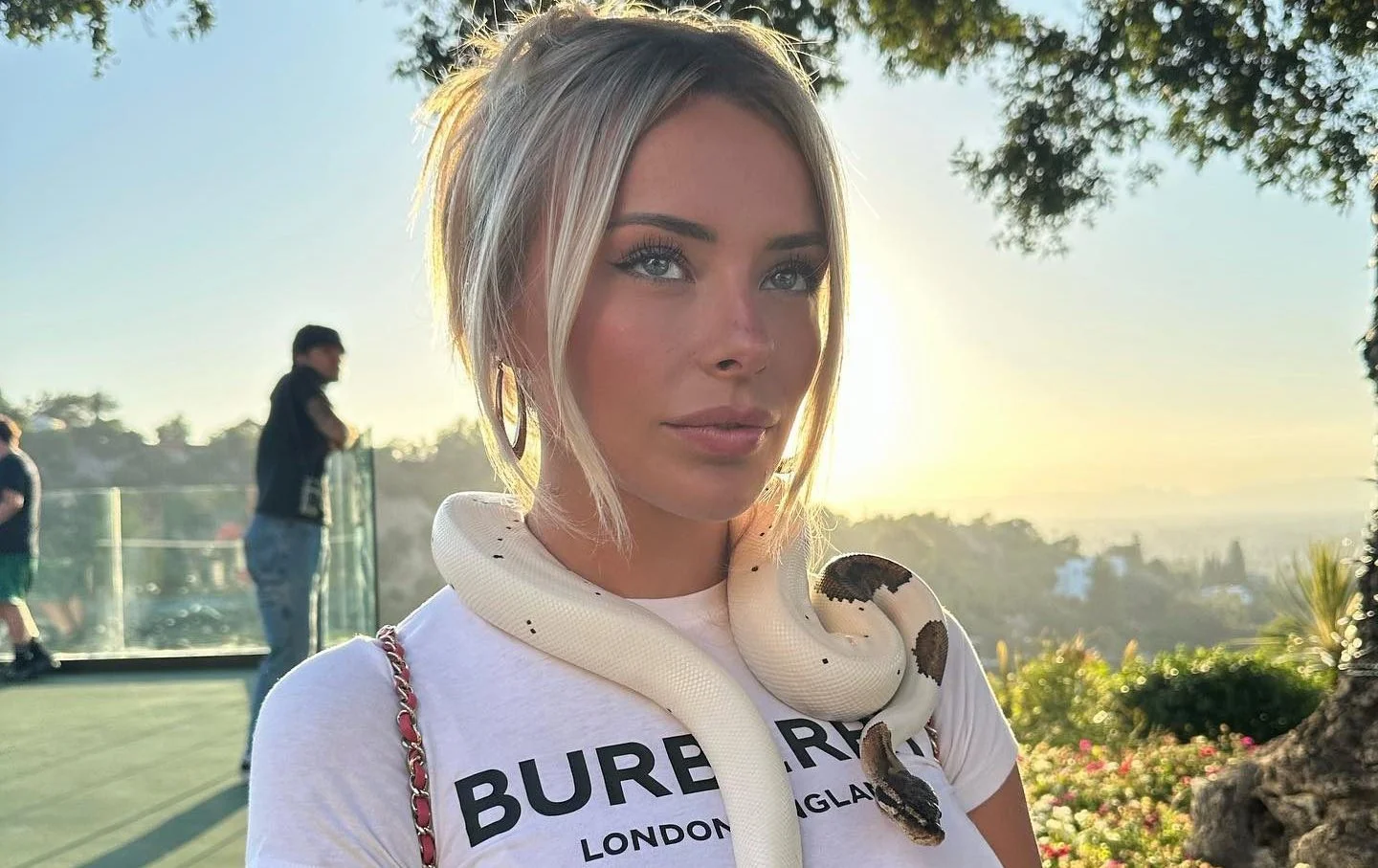In today’s hyperconnected world, the boundaries between public and private life are almost nonexistent—especially for celebrities. Every selfie, appearance, and moment can become digital property in the eyes of millions. The phenomenon sometimes referred to as “Millie Bobby Brown The Fappening” reflects not an isolated incident but a disturbing trend of online invasions, misinformation, and exploitation of celebrity images without consent.
The original “Fappening,” which occurred in 2014, involved major leaks of private photos from female celebrities’ cloud accounts. Since then, this phrase has evolved into shorthand for any digital violation targeting public figures—real or rumored. Unfortunately, search trends like “Millie Bobby Brown The Fappening” illustrate how even false associations can spread online with viral force, harming reputations and mental health.
Millie Bobby Brown The Fappening: A Study in Digital Defamation
Millie Bobby Brown, best known for her iconic role as Eleven in Netflix’s Stranger Things, grew up under relentless media attention. Unlike many celebrities who rise to fame as adults, Brown became globally recognized before her teenage years. This unique circumstance made her particularly vulnerable to the darker side of digital culture, where fabricated rumors, manipulated images, and exploitative gossip circulate unchecked.
The phrase “Millie Bobby Brown The Fappening” often emerges in online spaces not because of any verified scandal, but because of clickbait algorithms and malicious attempts to draw attention using celebrity names. This practice contributes to the toxic cycle of defamation by association—a modern form of character assassination in the age of social media virality.
The Broader Impact of Celebrity Image Exploitation
Digital exploitation is not just about stolen photos; it represents a full-scale invasion of privacy. The effects extend beyond emotional harm. When celebrities are falsely linked to scandals—such as the “Millie Bobby Brown The Fappening” rumor—they face:
- Psychological distress from loss of control over personal identity
- Damage to brand integrity, affecting endorsements, roles, and public trust
- Online harassment, including hate comments and stalking
- Legal challenges, as deepfakes and AI-generated images blur the boundaries of truth
Millie Bobby Brown herself has often spoken about cyberbullying, mental health, and the consequences of fame at a young age. She has become a vocal advocate for online safety, inspiring her followers to report harmful content rather than spread it.
Misuse of Technology and Deepfake Culture
One of the more dangerous evolutions of the digital age is deepfake technology—AI-generated visuals capable of fabricating hyper-realistic photos or videos. This tech can easily be exploited for non-consensual adult content, often involving innocent individuals or minors. In this environment, the misuse of a name like “Millie Bobby Brown The Fappening” highlights how deepfakes feed an algorithmic ecosystem designed to prioritize viral clicks over truth.
The implications go beyond celebrity gossip. Ordinary individuals, influencers, and students increasingly face similar threats through fake images or doctored videos. Addressing this problem requires stronger legislation, educational outreach, and improved digital literacy among users.
The Role of Media Ethics and Audience Responsibility
Modern journalism and content creation carry immense ethical responsibility. When the public continues to search for terms such as “Millie Bobby Brown The Fappening,” it reinforces a culture of curiosity over compassion. Responsible journalism must refuse to perpetuate unverified or exploitative claims about living individuals.
Audiences, too, play a role. Sharing or even clicking on such misinformation supports the attention economy that fuels these rumors. Instead, users should:
- Verify information before believing or reposting it
- Support ethical entertainment platforms
- Report harmful or explicit materials targeting individuals
- Recognize that consent forms the foundation of digital respect
Legal Protections Against Image-Based Abuse
Many countries have begun implementing legal frameworks to address image-based sexual abuse (IBSA) and deepfake pornography. Laws in the UK, US, and parts of the EU now criminalize the creation or distribution of non-consensual intimate content. In the context of false associations like “Millie Bobby Brown The Fappening,” these laws provide mechanisms for victims to demand removal, compensation, or criminal prosecution of offenders.
In the U.S., reforms in Section 230 debates aim to hold platforms more accountable when they knowingly host non-consensual materials. While this is a step forward, enforcement remains complex. Global platforms such as X (Twitter), Reddit, and Telegram often serve as host networks for this type of content, requiring international cooperation to address the issue effectively.
The Cultural Psychology Behind Scandal Obsession
Humans have always been drawn to scandal—what psychologists call schadenfreude, the pleasure derived from others’ misfortune. Social media amplifies this instinct exponentially, allowing people to participate in gossip cycles that once belonged to tabloids. The viral spread of keywords like “Millie Bobby Brown The Fappening” reflects this cultural psychology, emphasizing how effortless it is to commodify someone’s image and privacy for clicks or online clout.
Education and awareness campaigns must focus on media literacy, empathy development, and teaching young users the real-world consequences of digital rumors. Reducing curiosity-driven searches could drastically cut misinformation’s viral reach.
Building a Future of Ethical Digital Behavior
As we move toward 2030, privacy will become one of the most contested issues in technology ethics. With AI’s growing influence in image generation and manipulation, the dangers highlighted by cases like “Millie Bobby Brown The Fappening” demonstrate the urgent need for reform.
Key strategies for a safer digital environment:
- AI Accountability: Ensure that companies developing image-generation tools implement watermarking or traceable metadata.
- Digital Education: Incorporate ethics and consent in school curricula to build early awareness.
- Platform Transparency: Demand stronger takedown mechanisms from social platforms.
- Public Role Models: Support figures like Millie Bobby Brown who use their influence to promote online safety rather than scandal.
By reframing our collective mindset—from exploitation to empowerment—we can shift the narrative away from harmful curiosity toward a culture of respect.
Conclusion
The repeated misuse of terms like “Millie Bobby Brown The Fappening” underscores how toxic digital culture can warp our perception of real people. It serves as both a warning and a lesson: fame does not erase the right to privacy, and technology must evolve alongside morality. Every user has a role in shaping an online ecosystem where truth, empathy, and dignity matter more than rumors and clicks.





